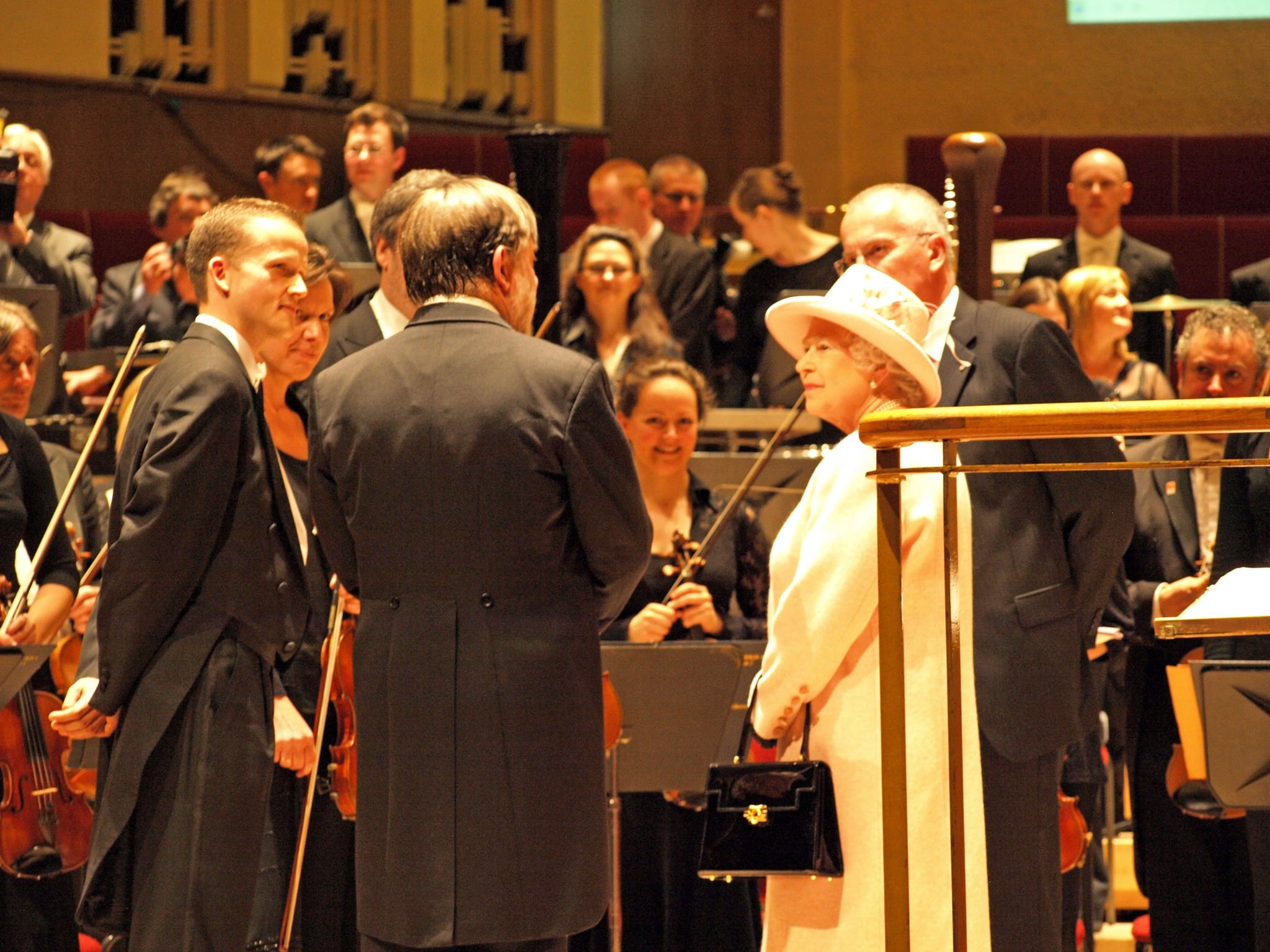125 apply to be chief conductor of a German state orchestra
mainThe Deutsche Staatsphilharmonie Rheinland-Pfalz, being a public-funded organisation, has launched an open tender for individuals wishing to be its next conductor, in succession to Karl-Heinz Steffens (pictured).
There have been 125 applications.
In proper procedural fashion, a shortlist will now be drawn up at the state ministry of culture and candidates will be invited for a trial public concert.
No agents need apply.






This is not an unusual number. When our philharmonic here in Boise, Idaho, sought a new music director in 2016, we had 237 applications from around the world to lead a small ($1.8 mill budget) orchestra. Conductors want to conduct!
Even the management dies know only initials of the candidats, but nö clear names. here it is
BL.
MP.
SN.
PA.
TM
FM.
RB.
GE.
HD.
Let the educated guessing start.
1) When there is such a large number of candidates, are they all serious and have relevant skills and experience, or is the process open to everybody (including taxi drivers and accountants dreaming of becoming a conductor)?
2) What do the other 124 (or 236) who will not get the job do to make ends meet – or in different words, how does an unemployed conductor make a living?
Presumably, some of them are already employed as conductors elsewhere. Or they are teaching. Or they are freelancing.
Some might be taxi drivers.
1) The process is open to anybody. However, for our orchestra at least, there’s a long list of things that applicants have to submit (letter of interest, CV, 3 professional recommendations, video links of them conducting, etc.) in order for their application to be complete, and a reasonably long list of requirements for that application to be taken seriously (some kind of professional experience, degree in conducting or enough experience to compensate for the lack thereof, etc.). As with most jobs, anybody can apply, but without the proper qualifications your application will probably be ignored.
2) It’s surprising how many applicants already have a conducting job: maybe they want to make a move, maybe their contract is expiring, maybe they want to use another job offer as leverage (“Orchestra XYZ is willing to pay me this much…”), maybe they just want as many jobs as possible.
As for what the unemployed ones do, the go-getters have a history of starting up their own ensembles and putting on their own concerts. They gain valuable experience performing (as do their similarly unemployed musicians), and valuable knowledge about things like fund-raising, that a US music director needs. What they do to put food on the table is generally the usual mix of any semi-unemployed musician: teach music lessons, adjunct faculty positions, etc. We don’t ask if they do jobs outside of music to support themselves, because it isn’t directly relevant to their qualification for this job.
^(P.S. my orchestra is in the process of a music director search and I am on the search committee, so I have some first-hand knowledge of what I’m writing about.)
Thank you for your exhaustive and informative comment. Conducting is a very peculiar and fascinating profession. I often wonder how one actually becomes a conductor and what is the full scope of his or her skills and responsibilities. As said, your response provides a very satisfying and specific answers to my questions. Thank you!
Although we required that candidates be either U.S. citizens or have a green card AND have experience as a conductor/music director of a US orchestra, well over 150 applicants failed to meet these basic requirements and applied anyway. We had lots of applicants from overseas, especially former “Eastern Bloc” countries. Sifting the 237 down to 25 or 30 was relatively easy; it’s when we got down to 16 and could only invite 7 to come here and conduct that the going got tough.